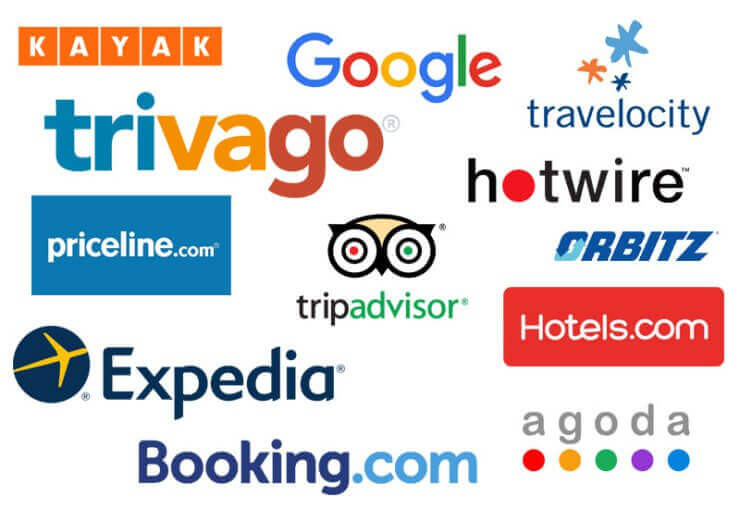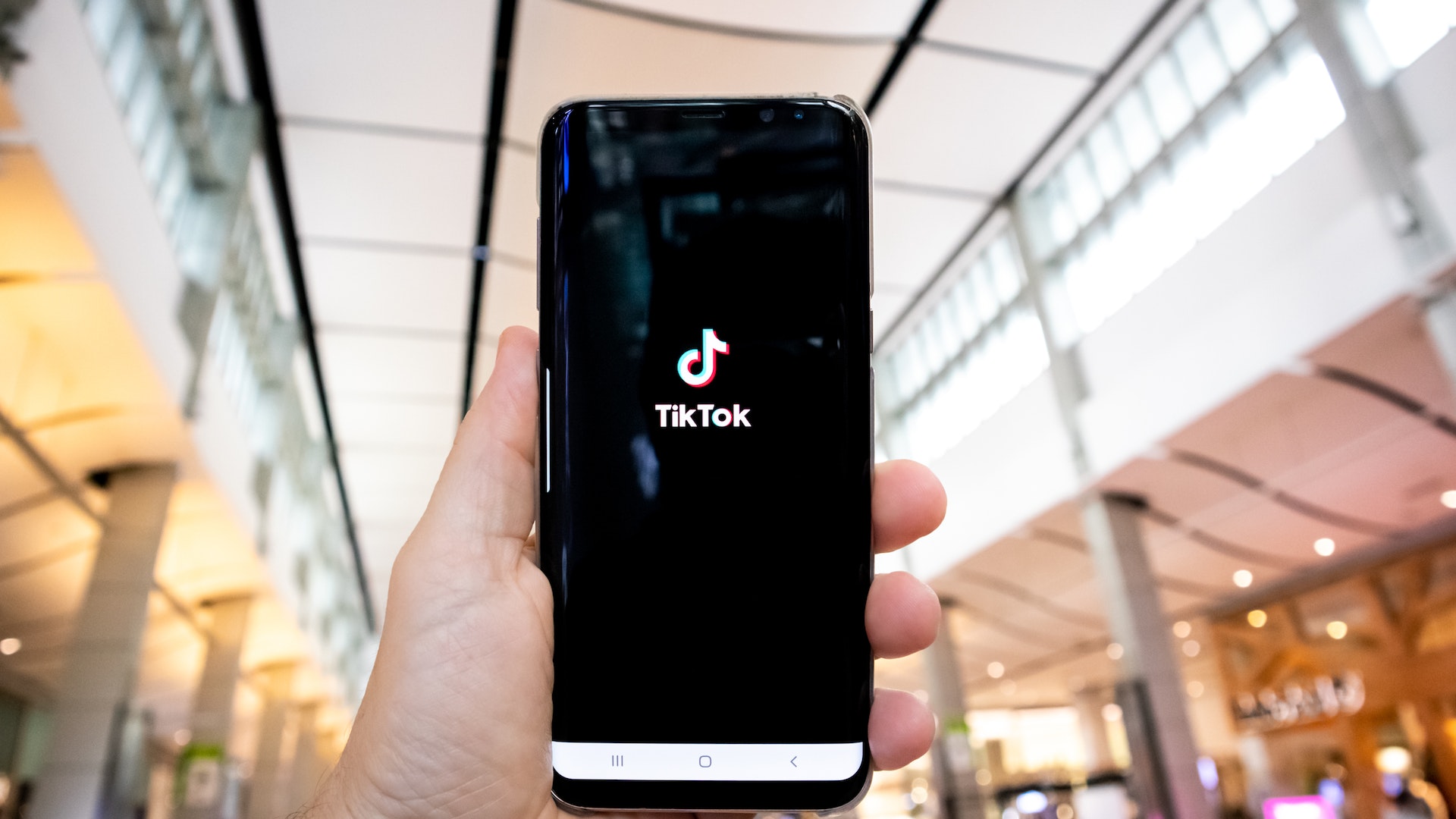
Metasearch is not a new concept. In fact, the concept and implementation of metasearch dates back to the mid-nineties with websites/engines such as SearchSavvy, MetaCrawler, and Hotbot.
NB: This is an article from Blue Magnet
I remember the first major travel metasearch engine to hit the scene very well, as it became one of the first to make a major impact within the online travel planning and booking industry. That was around 2004 and it was Kayak that started turning heads.
What is Metasearch?
Hotel metasearch sites compare hotel room rates from various online travel agencies (OTAs) and other booking sites all in one place. Important metasearch sites include Google Hotel Ads, Tripadvisor, Kayak, and Trivago. Once a traveler is on a metasearch site, they can search for hotels and pricing, and the metasearch engine will present multiple booking options all consolidated into one location. Once the user clicks an option, they are taken to that particular website to complete their booking.
Metasearch platforms like Google Hotel Ads are an important opportunity for hotels because it allows potential bookers to see your hotel rates in direct comparison to OTAs on the Google search page. If your rates are attractive enough, they will book directly with you. That being said, a hotel must have a presence in the metasearch sites to compete, which means identifying a connectivity partner who can distribute your hotel’s rates and inventory directly to the metasearch sites.
Once your hotel has connectivity to metasearch engines, there are three major types of cost models for metasearch campaigns:
- Cost-per-click (CPC), where the hotel is charged every time the ad is clicked.
Pros: The most transparent and accurate way of doing marketing. This gives a clear view of the conversion potential of a hotel. If the pricing is right and the product is good, the return on investment can be great. The main advantage of CPC is the possibility to manage visibility and ranking and fully leverage the platform.
Cons: If either the pricing is bad (better price on the OTAs compared to the direct site) or the product is bad (bad website, bad content, bad booking engine) then conversion can drop. When conversion drops, costs rise. One disadvantage is that CPC can be very granular, manual work and can become very time-consuming. Finally, budgets are usually requested upfront as someone needs to buy the clicks. - Cost-per-action (CPA) or commission, where a fee or percentage of booking value is charged.
Pros: No risk. A hotel only pays if a booking is made through a metasearch ad.
Cons: Your visibility is directly connected to your ROI because the provider’s goal is to maximize their revenue through the commission. If the provider understands they can make more money off of other providers working on CPC rather than the margin on commissions, your visibility will drop. If the provider gives top position, it probably means it is making a profit on the margin – meaning it would have been cheaper for you by CPC. So you lose in every situation. - Hybrid, which is a combination of the CPC and CPA models (also called targeted CPA).
Pros: It is a CPC-based bidding model with a commission factor. This means a hotel invests in media spend but can clearly define cost tolerance level. As long as the campaigns are below this maximum cost, a hotel should keep on investing because the hotel will know it is making a profit. Thanks to this approach, the hotel has the possibility to be flexible and push for maximum visibility but also minimize the risk by only investing as long as the returns are good.
Cons: While this is a sound model, there still is a percentage of risk. The CPA aspect only gives a direction but not a guarantee like the commission model does. If conversion is bad (for the reasons mentioned above), costs can still be higher than expected. Budgets are usually requested upfront as someone needs to buy the clicks.
Blue Magnet’s metasearch solution is based on a CPC model. Our unique algorithm allows hotels to compete for placement more effectively than other cost models through targeting a commission. Our platform will inform the bidding tool the maximum commission a hotel wishes to accept for a booking generated through metasearch campaigns.
For example, from an ROI model, if a hotel has budgeted $1,000 and would like to get a minimum return of 7 times the investment, this means the hotel wants a minimum of $7,000 in return. We turn the ROI around into a commission model. Our system focuses on providing a 14% commission or lower. Our impression share is 85% in the top 3 positions, which means a hotel is positioned in the top 3 spots 85% of the time.
The prominent channels a hotel should focus advertising dollars on are Google’s Hotel Ads, TripAdvisor, Kayak, and Trivago. Based on budgets, most hotels should prioritize Google and TripAdvisor. For most hotels (U.S.), they should budget at least $500 per month in Google and $500 per month in TripAdvisor.
Why should you care?
While metasearch for hotels is not a new concept, recent changes in Google’s layout for hotel-related search terms has put much focus on driving a booker to the hotel-comparison grid (what is called the “Hotel Local Pack”) within the Search Engine Results Page (SERPS).
For example, if you perform a keyword search in Google, such as “hotels in Chicago,” a user will typically see three to four Paid Search (PPC) ads and then the Hotel Local Pack (followed by organic listings). Within the Hotel Local Pack, a user can plug in the dates of their stay, apply other filters, such “deals”, or, at the bottom of the box, select to “View all 471 Hotels”. All of these actions will take the booker to the Google Hotel Search site, where more hotel options are displayed, coupled with Google Maps integration.
The continued integration and expansion of the Hotel Local Pack in the SERPS is why hoteliers should care. The bottom line is:
- A hotel website has less visibility in SERPs from an organic perspective than it once did.
- Google doesn’t want a traveler to leave Google during their travel research and booking process. They want all actions to take place within Google itself.
- Google wants to be the place where people decide what hotel they want to go to and how much they’re going to pay for it.
- The OTAs are there, your hotel should be there.
What does this mean for hotels that do not participate in metasearch?
These changes in Google—the world’s number one search engine and the primary destination for travel planning and booking—place much more focus on metasearch. We would assume that even more travel planning and booking will take place within Google versus Online Travel Agencies (OTAs). Google tends to be more supplier-friendly than another metasearch website in that there is a direct website link in a hotel’s listing on its Google Hotel Site. Additionally, hoteliers can compete in this space against other suppliers (mainly OTAs), thus giving them the ability to drive direct bookings and own the guest experience.
Other statistics worth noting:
- According to Google, in the first six months of 2018, metasearch has helped its hotel ad partners (participant hotels) across the globe receive 65% more leads year over year. Source
- Booking cancellation ratio through Google Hotel Ads is around 13%. This is far below compared to around 20% to 40% cancellations that happen with OTA booking. Source
- 65% of all hotel bookings generated through metasearch engines come from Google Hotel Ads Source
- Google Hotel Ads has become the most profitable metasearch engine, above Trivago and Tripadvisor, with 150% growth compared to the same period last year. Source
- 12% of hotel reservations are made through metasearch engines and they assist 25% to other channels (SEO, direct, Adwords “Ads”, Display, among others). Source
What steps should my hotel take?
- Find the right meta-search platform which provides connectivity and best-in-class bid management of your campaigns. As an independent hotel, there are few platforms that provide full connectivity with a bid management platform at a reasonable cost. Blue Magnet’s metasearch solution provides full connectivity with most booking engines, full connectivity with the primary metasearch channels (Google, TripAdvisor, Kayak & Trivago), as well as a management platform that will maximize your ROI.
- Focus your ad spend on Google and TripAdvisor first. As budget allows, fold in Kayak and Trivago.
- Make sure you have claimed your Google My Business and TripAdvisor Listings.
- Make sure your hotel description and images are updated and accurate on your listings.
- Maintain good price parity and rate integrity
In conclusion, due to the importance of Google in general as a primary platform for planning and booking travel, the importance of metasearch has kicked up quite a few notches because of the layout change within the Google SERPS and the enhancements that Google has made to the Google Hotel Search site. For this reason, a hotel not only needs to maintain a presence in both Google’s organic listings and Paid Search/PPC listings but now more than ever should find a connectivity partner who can feed your hotel’s rates and inventory directly into metasearch sites such as Google and TripAdvisor.



